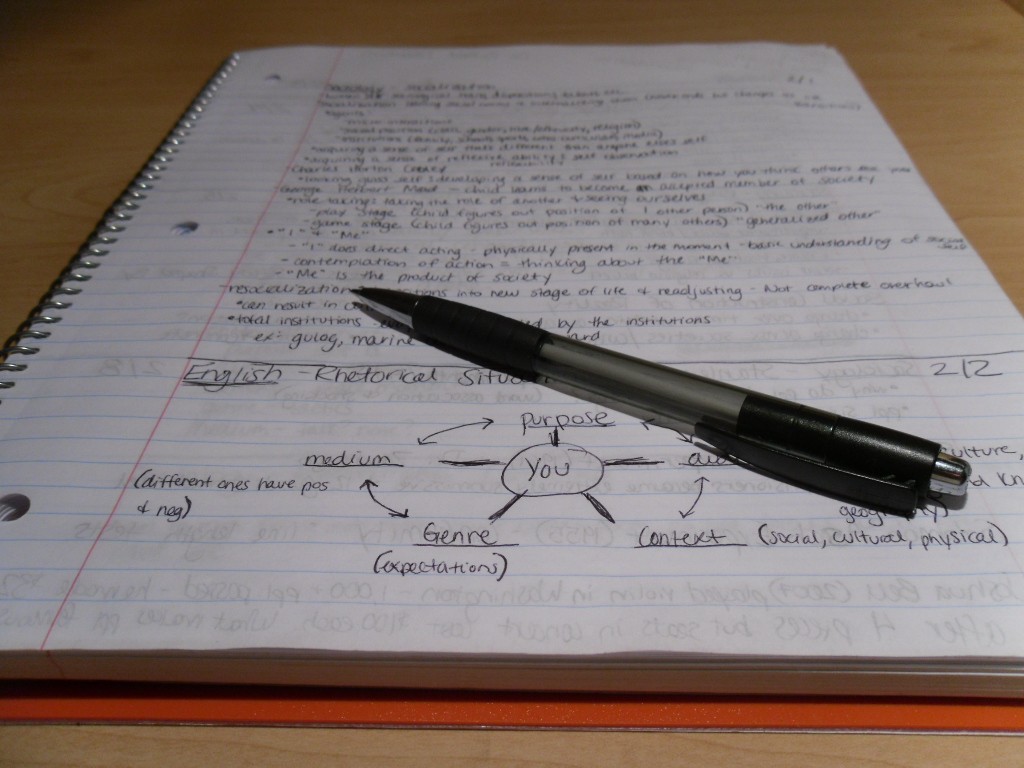Our physical health is largely observable. Our mental health, not so much. Still, it is no way less important, although we often neglect it. But exactly, what is mental health? According to the Merriam-Webster dictionary, it is defined as “the condition of being sound mentally and emotionally that is characterized by the absence of mental illness…” And, indeed, it does refer to our emotional, psychological, and social well-being. Maintaining that well-being can be a struggle at times, certainly during this past year of COVID-19 and the lifestyle changes we have been forced to endure. Even in normal times, stress, anxiety, relationship issues, and more can impact our mental health.
When negative emotions dominate our thoughts, we do not function well. We tend to lose focus, become unproductive, have relationship difficulties, and ruminate on our “issues.” Our entire lives are impacted.
Are there things that we can do to restore and maintain our mental health? Of course. Many people see counselors – they are even online these days; others find that physical workouts, with accompanying endorphin production, do the trick; and still, others discover that Yoga and meditation work to regain emotional balance. Doing nothing, though, is not an option.
Why Not Journaling?
One of the things adults do not tend to do is journaling. For some reason, they equate journaling with an activity reserved for young people: a frequent activity in English classes or the keeping of a locked diary under a mattress. In those diaries, teen girls could spill out all of their thoughts and feelings – their joys, their despairs, their relationship problems, and such. And just the act of getting all of that down in writing somehow eases their emotional turmoil and helps to restore balance.
As adults, the stressors, anxieties, worries, and emotional upheavals may be of a more “mature” and often complex variety. And when we let them “invade” our minds and sit there unchecked, we are not responding to them well.
If this sounds like you, then perhaps you should try journaling as one method of response.

The Benefits of Journaling
Journaling is nothing more than getting your feelings and your thoughts down on paper. Just the act of doing this can bring some relief – your negative emotions are no longer “bottled up” inside. But consider these other key benefits too:
It gives clarity to your issues
When you journal, you have to think about what and how you are feeling and the causes of those feelings. Once you gain clarity, you can develop plans for resolving those issues.
It allows you to prioritize your “game plan”
Once you have identified those things that are causing your fears, worries, depression, etc., you can also identify those that are weighing most heavily and plan to “attack” those first. If you are a college student, for example, you may be facing a huge research project with a due date you can’t meet. One solution might be to order problem research from a professional research/writing service and get it “off your plate.” With that weight lifted, you can then tackle the next issue – perhaps finding a part-time job to alleviate your financial woes or repairing a relationship that has been damaged.
You can “track” your feelings and emotions on a daily basis
What are the things that are triggering your negative emotions? Is there a pattern here? Are you in a personal relationship that causes more “bad” feelings than “good?” Maybe it’s time to move on from that. Is most of your journaling about issues at work? Perhaps that environment is toxic for you, and it’s time to look for another position. When you see the patterns, you have taken the first step toward resolving those “triggers.”
You can spend some time thinking about the “positives”
As you journal, you can make a point of identifying the “positives” in your life. Are there family members and friends who care about and support you? Are your physical needs taken care of? Are you physically healthy? What can you be grateful for? One man who began to journal stated that he finally put a large sign on his fridge with a single word – “Gratitude.” This reminded him to focus on those things for which he was grateful rather than on just his problems. Starting his day that way, he found, was a great way to develop perspective and give his negative feelings less power.
How to Journal
There are no hard and fast rules for journaling. But, if you decide to use this technique to monitor your emotions, to gain perspective, and to develop strategies to keep a healthy balance, these tips should help:

Get a journaling book
It doesn’t have to be a “fancy” item. Even a spiral notebook will do. Relying on single sheets of paper fosters losing some and not keeping them organized by date. If you want to see patterns, you have to have a sequenced accounting.
Set aside time to write every day
Journaling is best done in the evening after your day is over. You have the chance to reflect on all that has happened and impacted you in some way. Again, if you are going to identify triggers and patterns, you need regular accounting.
Keep pen and paper handy
There will be times when something strikes you at the moment. Be sure that you have a way to write it down right then. You can always transfer it into your journal that evening, or at least stick that page into your journal page with the date on it.
Use whatever means is comfortable for you at the time
Sometimes, you may feel like just free writing; other times, you may want to write a letter to someone who has hurt you; and you might also want to draw your feelings. Give yourself full freedom.
To Share or Not to Share
Journals are intimate and personal. They are conversations people are having with themselves. If it feels right to share some of your journaling, then do so. According to experts, all humans have five layers of intimacy in their relationships. The innermost layer is that which is rarely shared with anyone else. Your journal will expose that layer, so carefully consider with whom you might want to share.
Lose the gender identification
Men sometimes think of journaling as a “feminine” thing. On this day, nothing could be more wrong. Men experience the same emotional struggles as women, and journaling can be just as therapeutic. If you are a man feeling uncomfortable with this, the answer is quite simple. You don’t have to tell anyone you are doing it, but you might get over that one day and speak to how it is helping you.
Giving Your Life Order and Coming to Know Yourself
This is the major point of journaling. You can identify your emotions, prioritize the emotional challenges you face, put things in perspective, and come to know yourself. As you do this, you will achieve a balance that supports emotional evenness. Why not try it?
Article edited and fact checked by our editorial team
References
- Alexander J, McAllister M, Brien DL. Exploring the diary as a recovery-oriented therapeutic tool. Int J Ment Health Nurs. 2016 Feb;25(1):19-26. doi: 10.1111/inm.12179. Epub 2015 Nov 24. PMID: 26597517.
- Sohal M, Singh P, Dhillon BS, Gill HS. Efficacy of journaling in the management of mental illness: a systematic review and meta-analysis. Fam Med Community Health. 2022 Mar;10(1):e001154. doi: 10.1136/fmch-2021-001154.
- Wong YJ, Owen J, Gabana NT, et al.. Does gratitude writing improve the mental health of psychotherapy clients? Evidence from a randomized controlled trial. Psychother Res 2018;28:192–202. 10.1080/10503307.2016.1169332
